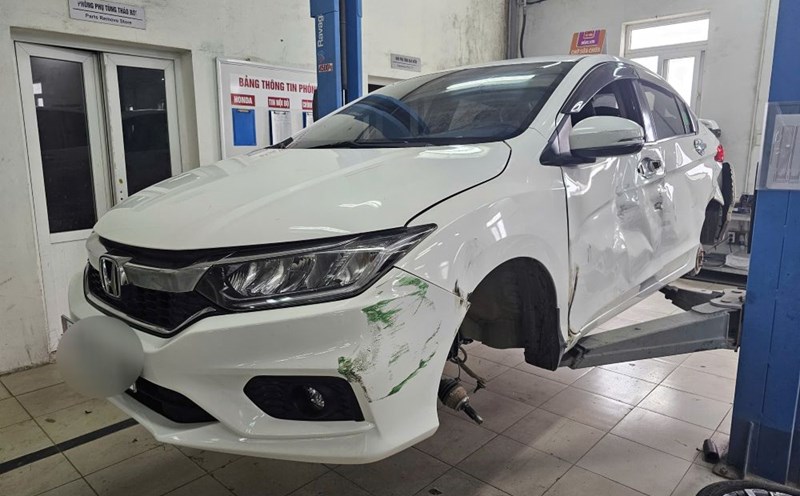The brain is the center that controls all activities of the body, from memory, concentration to decision making. However, in modern life, the brain is often over stimulated by the screen and daily pressures.
Dr Pal Manickam, an gut health expert in India, emphasizes that brain care must become a top priority.
According to Mr. Manickam, there are many common daily habits that can unintentionally damage brain function: lack of sleep, sitting for long periods, doing many things at the same time, poor diet, chronic stress, social isolation, listening to loud music with headphones, ignoring mental stimulation, not drinking enough water and being exposed to the screen too much before going to bed.
These habits can impair memory, reduce concentration, cause oxidative stress and damage brain cells.
Sharing the same view, Dr. Shivakumar HR, consultant neurologist at SS SPARSH Hospital, Bangalore (India), said that in addition to avoiding bad habits, there are many ways to improve brain health.
Planning daily work helps strengthen memory, reducing the ability to forget important information. Getting 6-8 hours of sleep per night helps the brain process and store information effectively.
brain-stimulating activities such as reading, solving puzzles, learning new skills, journaling, yoga and meditation not only enhance neuropathological connections but also improve mental resilience. Regular exercise supports blood circulation to the brain, promotes the formation of new nerve cells, and improves cognitive function.
A diet rich in omega-3 fatty acids, magnesium, coenzyme Q and vitamin D helps the brain develop healthily, regulate mood and reduce stress.
At the same time, taking quiet time, disconnecting digital devices consciously helps the brain to regenerate and rest after continuous stiffness.
In modern life, seemingly trivial habits such as lack of sleep or overusing screens can accumulate long-term harm to the brain.
By identifying bad habits and applying improvement measures, you not only improve your memory and concentration but also maintain long-term sustainable mental health.
(The article is for reference only, not a replacement for professional medical advice. Always consult your doctor if you have health questions).











